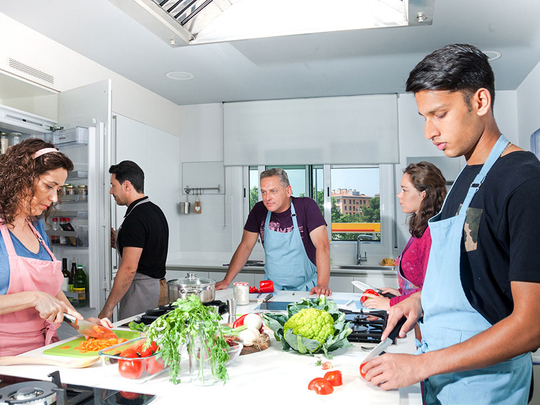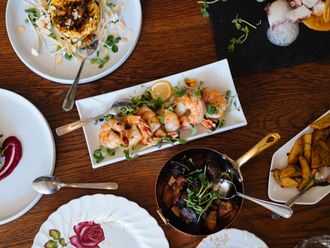
A long-term study from the University of Auckland for a period of ten years looked at the relationship between people’s adolescent cooking skills and their nutritional wellbeing in later life. The participants were questioned on the cooking skills between the years of 2002 and 2003, when they were aged between 18 and 23.
When the participants reached the age of between 30 and 35, they were questioned on points such as how often they prepared meals with vegetables themselves, ate fast food and dined with their families. They found that people who perceived their cooking skills as adequate in adolescence and who were living in a family were less likely to eat fast food frequently and more likely to eat at home.
This provided the researchers with evidence that cooking skills in early life can have a profound effect on adult nutritional health and that food preparation should be an important part of education. The findings were published in the Journal of Nutrition Education and Behavior.











